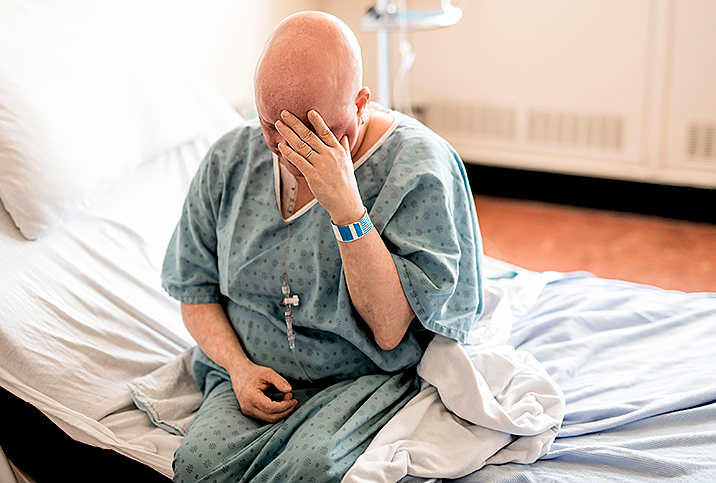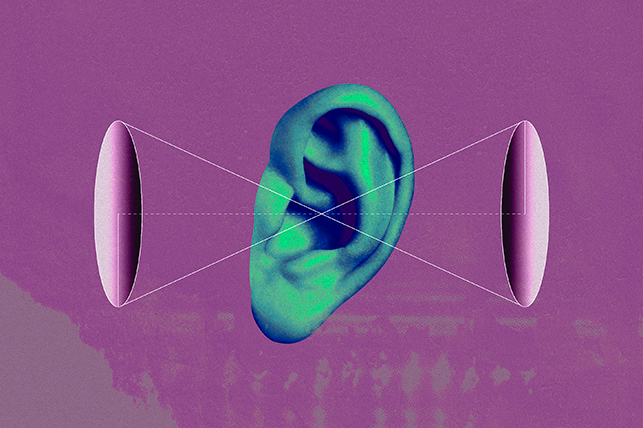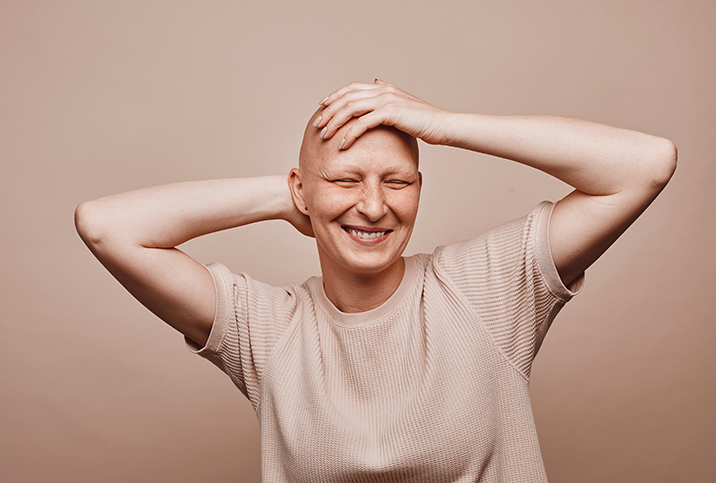How Does Chemotherapy Treat Cancer?

Chemotherapy is the term used for the chemical treatment of cancer using drugs. Its purposes are to attack the cells, shrink tumors, relieve symptoms of untreatable cancer and prevent it from returning.
It comes with a number of fairly unpleasant side effects, but it's one of the most common and successful forms of treatment.
How and why, though, is it so common and successful?
What is chemotherapy treatment for cancer?
"There are multiple different types of chemotherapy drugs that are classified based on their mechanism of action or how they impact cancer cell growth," said Anne Peled, M.D., a breast cancer surgeon and the co-director of the Breast Care Center of Excellence at Sutter Health California Pacific Medical Center in San Francisco.
Many drugs are used to treat more than one type of cancer. They may be used in combination with other treatments such as hormone-blocking therapy, radiation therapy (radiotherapy) or immunotherapy.
Chemo can be administered intravenously, orally, topically (in a cream) or as an injection.
Intravenous chemotherapy can be delivered using these different methods:
- Cannula. A small tube is inserted into the vein of your hand for a short time.
- Peripherally inserted central catheter (PICC) line. A small tube is inserted into a vein in your arm for an extended period of time.
- Central line. A chest tube is connected to a vein near your heart.
- Implanted port. This subcutaneous device is placed under the skin so that a needle can be inserted into it in order to deliver medicine or draw blood. This can last anywhere from several weeks to a few months, while the port itself can stay in place for years depending on the treatment regimen.
- Internal or external pump. This is attached to a catheter or port to deliver chemotherapy outside of a hospital.
The treatment may use more than one delivery type and is usually spread over a period of time. Spreading the treatment out ensures it reaches all of the cancer cells. Your healthcare provider will determine the time frame according to the type and stage of cancer.
How to monitor chemo's effectiveness
The response of the cancer to chemotherapy may be monitored over time during treatment. Monitoring may include physical examinations, imaging of the tumor or monitoring of blood levels, Peled explained.
"Often, patients will have additional imaging studies such as [computed tomography] CT scans or [positron emission tomography] PET scans after completion of chemotherapy to make sure that the tumor is completely gone," said Mohamad Cherry, M.D., the medical director of hematology at Atlantic Medical Group Hematology Oncology in Morristown, New Jersey.
Chemotherapy is used for a longer duration for patients with metastatic disease—cancer that has spread—he added, as long as the patient is responding to treatment.
Diagnosis and tests
"Cancer is often diagnosed after the patient presents with specific symptoms such as pain, fatigue, weight loss and decreased appetite, among other symptoms," Cherry said.
Cancer can be tested for in a number of ways, including the following:
- Blood tests
- Cytogenetic analysis (chromosome analysis)
- Immunophenotyping (identifying cells using antibodies)
- Sputum cytology (cell analysis from a mixture of saliva and mucus)
- Tumor marker tests
- Urine tests
- Imaging tests
- Biopsy
These tests are used to plan treatment and check for remission.
"Patients should follow the screening guidelines to diagnose certain cancers even before having any symptoms," Cherry said.
The Centers for Disease Control and Prevention (CDC) recommends screenings for breast, cervical and colorectal cancers. For people without any additional risk factors, breast cancer screenings should start at age 50, while pap smears to check for cervical cancer in women should occur between the ages of 21 and 65.
Colorectal screenings should begin at age 45. Lung cancer screenings are also recommended for smokers.
For people with additional risk factors, such as race, gender or family history, these screening processes should begin earlier.
"Detecting these tumors by performing the screening studies can detect cancer early, prompting earlier treatment and improving survival rates," Cherry added.
Who administers chemotherapy?
Chemotherapy is usually administered by a qualified nurse, nurse practitioner, physician assistant or even a physician. However, any medical professional with the appropriate training can deliver chemotherapy treatment.
Oral chemotherapy is self-administered by the patient, but they will attend regular appointments to monitor the success of the treatment.
Oncologists are cancer specialists who will usually oversee or plan cancer treatments, including chemotherapy and other therapies, though they may not be the ones to administer chemo.
What are the side effects of chemotherapy?
The common side effects of chemotherapy include the following:
- Fatigue
- Nausea
- Vomiting
- Hair loss
- Infections
- Anemia
- Bruising and bleeding
- Sore mouth
- Loss of appetite
- Constipation
The good news is that some of the side effects of chemotherapy have been blunted over time, Peled said.
"Many of the awful side effects that people may have heard about from patients treated many years ago or shown in older movies are so much less likely to happen now," she explained.
Myths and misconceptions about chemotherapy
It's been in use for decades now, but chemotherapy is still little understood outside of the medical community. Some common myths and misconceptions about chemotherapy treatment need to be debunked.
Myth No. 1: Your hair will definitely fall out.
"There are ways to minimize or even prevent hair loss through scalp cooling systems, which can be hugely helpful from a psychological and emotional standpoint," Peled explained.
Plus, not all chemo causes hair loss.
Myth No. 2: You will be sick.
Antiemetic medication can help reduce or prevent nausea and vomiting after chemotherapy.
Myth No. 3: You will feel bad constantly.
Chemotherapy doesn't necessarily mean that you will be sick constantly, even though you may feel ill immediately afterward or for a few days. Some people are able to live relatively normal lives and even work between treatments.
Myth No. 4: You won't be able to have children.
Infertility is a real possibility as a result of chemo. It is advisable to bank sperm or freeze your eggs prior to chemotherapy treatment. If your fertility is a concern, it is important to bring this up before treatment starts.
It's critical to inform your healthcare provider if you are already pregnant prior to undergoing chemotherapy as well, as some treatments can be fatal for the fetus, particularly in the first trimester.
Myth No. 5: Other treatments alone may be more successful than chemotherapy.
Combining cancer therapies is currently a successful way to treat the disease. The reason chemotherapy grew in popularity was that radiation and surgery alone in the 1960s resulted in a cure rate of only 33 percent. The anti-cancer drugs used in chemotherapy can better reach the cells those treatments cannot.
Some treatments such as immunotherapy, which can utilize the body's own defenses against cancer, are still relatively new and have not reached their full potential yet. This is why they are used alongside chemotherapy.
It's important to remember that cancer treatments evolve over time depending on the latest scientific research, so not all internet sources will be fully up to date.
If you do have any concerns about chemotherapy treatment, speak to your doctor, as they can reassure you. A cancer navigator can provide additional resources as well. Both may also have recommendations for ways to reduce side effects or help you manage them.
Another action you can take is to speak to people who have undergone chemotherapy, something you can do via a cancer charity or support group. This will give you a more rounded view of chemotherapy treatment as well as advice for shaping your life, relationships and health around it.


















